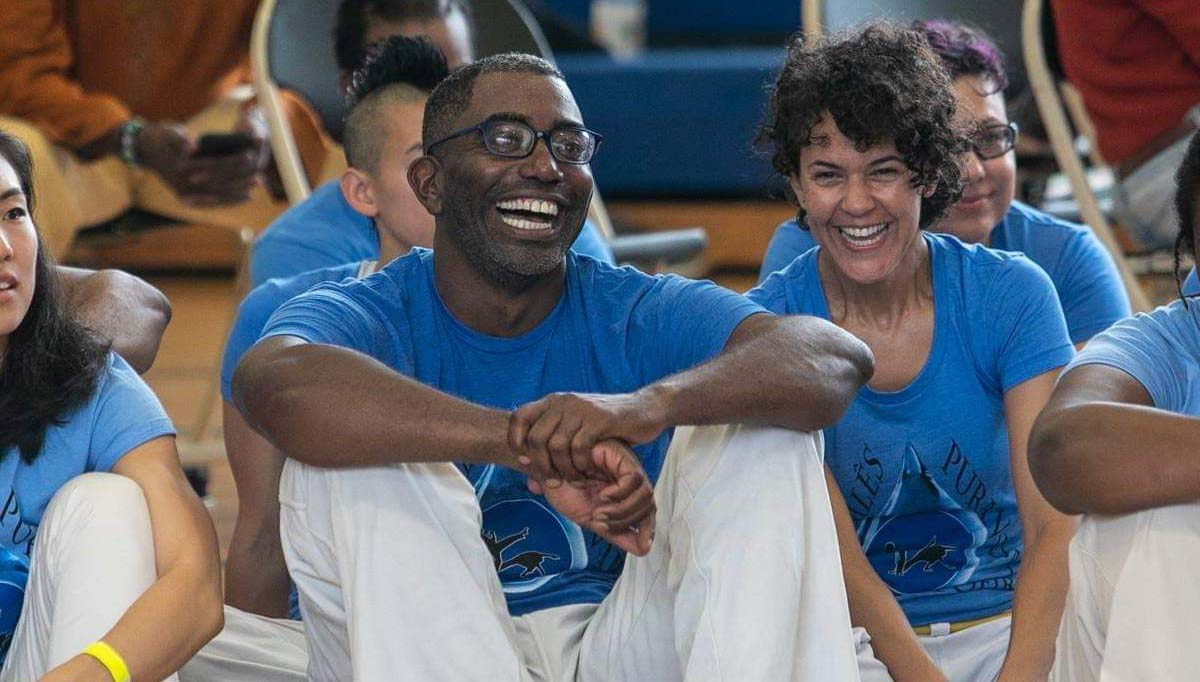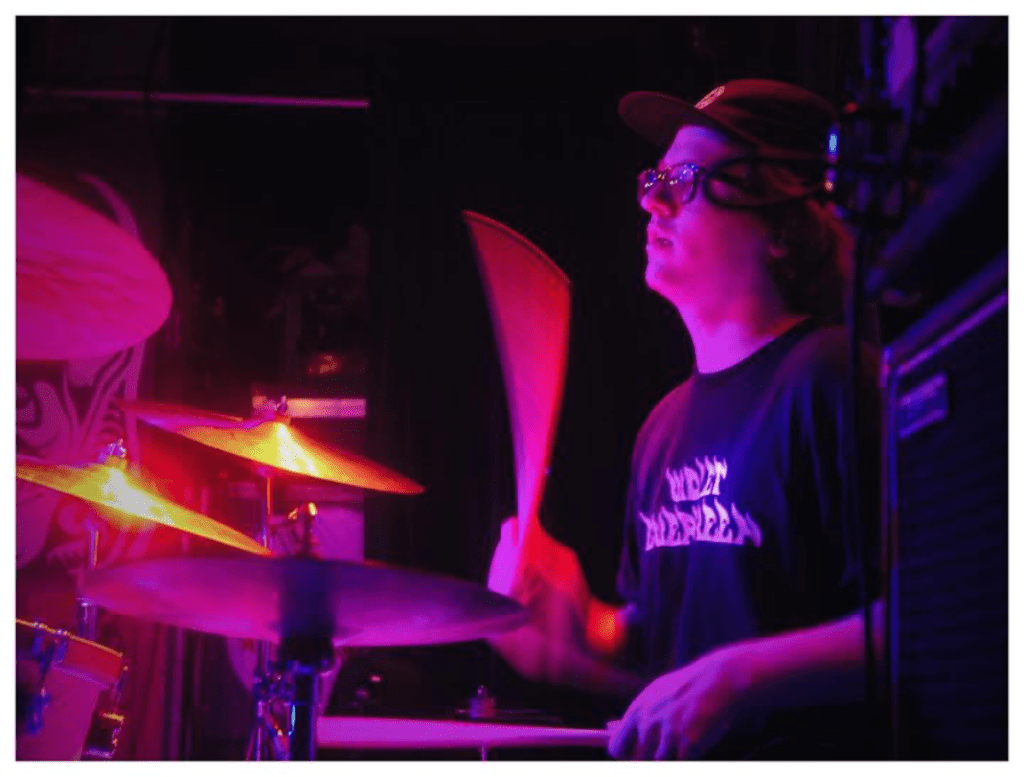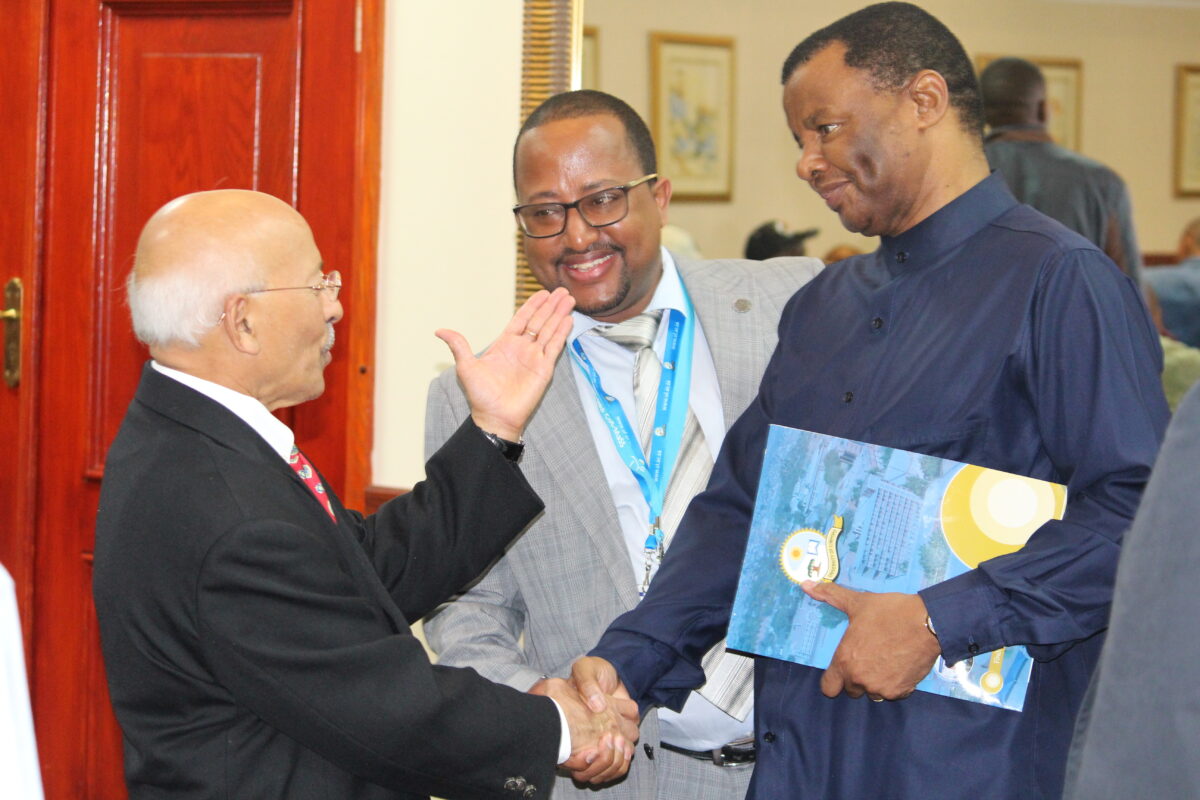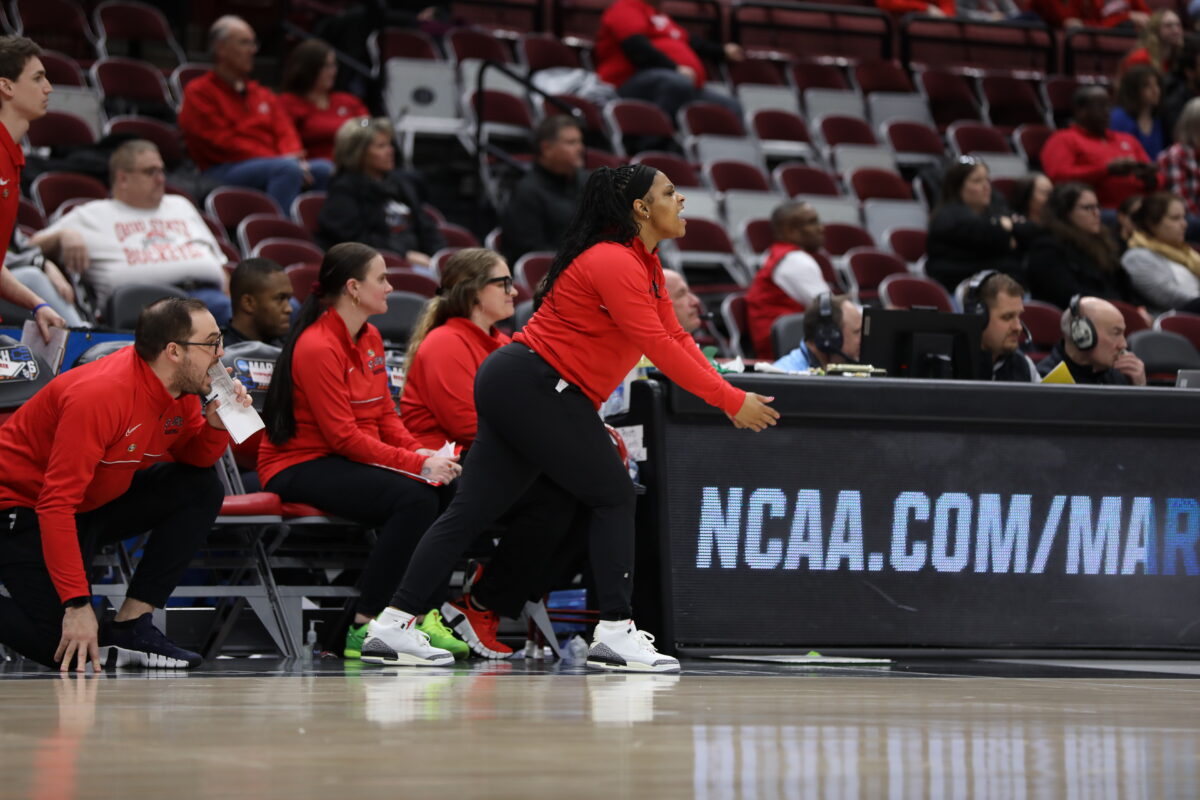For Maceo Thomas ‘93 (above, center), the martial art of capoeira is more than just a fun way of staying fit. It’s also a socially conscious art with a fascinating history, fortified by a dedicated community of practitioners, he says. That’s why this weekend, while millions watch the biggest football event of the year, Thomas will combine his love of capoeira into an event that celebrates community and resistance.
At CapoeiraDC’s “Super Roda II” there will be music and demonstrations – as well as a talk by fellow alumnus and UMBC professor George Derek Musgrove ‘97, author of Chocolate City: A History of Race and Democracy in the Nation’s Capital. We took some time to talk with Thomas about his love of capoeira, and why he decided to organize this alternative to the Super Bowl.
* * * * *
Q: What do you love most about capoeira, and what is the goal of the group?
A: So, capoeira is so many components: musical instruments, singing, acrobatic movements, dance, fighting. It’s a martial art that was created by enslaved Africans in Brazil. There are songs that go back hundreds of years. The lyrics and names of movements are all in Portuguese. What I love, today, the most about capoeira is the community element that exists inside and outside of the roda (a circle formed by capoieristas). Capoiera is an art practice that requires social interaction. You can’t learn and get better at capoeira by training on your own in the gym. You need other people with whom to train. The more the better. And it really helps if you have mutual respect and care, because if you knock her out or she knocks you out you are down a training partner. So, we like to take care with our community when we train. And then… we like to socialize together and support each other.
Q: Tell us about how the “alternative Super Bowl” idea came about. What does the title, “Super Roda II,” mean?
A: There are a couple words I’ll explain first. In capoiera, we say that we are “playing” capoeira. Capoeira is considered a game when you have two players playing inside of a “roda” (it’s pronounced hoda in Portuguese). The roda in capoeira is a circle formed by capoeiristas. There is a group of more advanced capoeiristas who lead the roda with musical instruments and singing. They are the “referees,” for lack of a better equivalent. The music they play determines whether the games we play are fast or slow or low to the ground or standing up with more kicking. The capoeiristas who are not playing maintain the roda with clapping and singing to help energize the games being played.
As I mentioned earlier, capoeira was created by enslaved African people in Brazil. It was a form of resistance against the oppression that created slavery. When (former San Francisco quarterback) Colin Kaepernick took his knee in the NFL a couple years ago, many classmates in my group agreed not to watch the NFL. So… now you have Super Bowl Sunday roll around, and we needed an alternative to all those events we get invited to. We created Super Roda Sunday. This year will be the second time. We’re sticking with the Roman numerals.
Q: Can you describe last year’s event and what made it special for you? What does the opposite of a SuperBowl party look like?
A: Last year’s event was attended mostly by capoeiristas. We made it a potluck event. Along with a basic capoeira class, we had a class led by a capoeirista who is a phenomenal Bollywood dancer. That may have been the highlight, and we’re glad that he is doing the class for us again. We also had a samba class led by one of the students who participates in the Brazilian drumming class that we host in our space. The event was a mix of adults and children and included guests who were interested in what we offer. It was fun, family friendly event that wasn’t focused on football.
Q: How do you see fellow alumnus Derek Musgrove’s topics tying in with the “alternative Super Bowl” idea?
A: I had a chance to hear Derek give a talk on his new book a few months ago and it was amazing. The book explores the racialized history of Washington from pre-colonial times to recent times. I bought a copy…and then five more for family and friends who I know are interested in history and race as it pertains to D.C.
Part of the story of CapoeiraDC is a movement story. We have had multiple locations throughout our nearly 20 year history across the city. As rent increased, as an artist community, we had to relocate to find affordable space. Derek’s (and co-author Chris Asch) research touches on the movements of people in and out of the city through white flight and gentrification. That part of D.C. history/current events is relevant to the challenges we face as a group and being able to fulfill our mission within the city limits.

Q: People might not connect capoeira, football (or the lack thereof), and race and history in Washington, D.C. How would you explain it to someone you just met?
A: That’s a great question. Capoeira is an art form that purely grew out of resistance; resistance to what was at the time a European hegemony that is really now known as white supremacy. Just like America, Brazil was economically fueled by slave labor. These enslaved people resisted.
The NFL, as a league, has strongly taken a stance that many, me included, see as opposition to supporting Black healthy lives. They have actively attempted to silence players who have communicated, through silent protests, that Black bodies being killed and maimed should not continue to be the legacy of our country. Yet, white supremacy is being protected by the league as it profits greatly by fighting the resistance of these players and many (former) fans.
D.C. has historically been a political pawn of the U.S.. I know more about it recently, but Derek’s book explores it more in depth. It’s probably not a coincidence that this city of over a half million people hasn’t had voting representation in Congress and it’s been historically a majority Black population.
Race, resistance, anti-racism are all important themes of capoeira, NFL protests, and the history of Washington.
Q: How can people find out more about Super Roda II?
A: The event will be held on February 3 starting at 4:30 p.m. at 2008 Rhode Island Ave., NE Washington, DC. Please follow our Facebook page, Capoeira Malês DC, for more information and updates.
* * * * *
Header photo by Koko Lanham.




